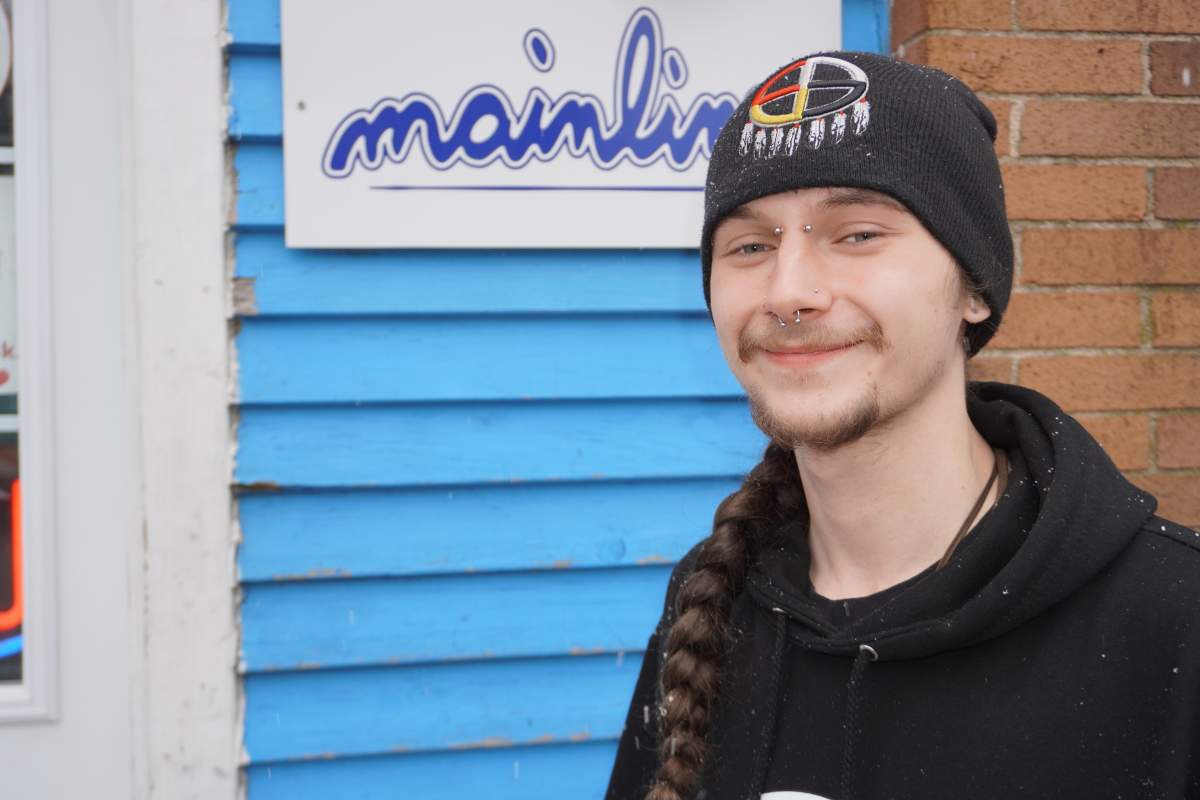A Halifax, N.S., doctor is working to improve access to health care for people living with addiction.

A study led by Dr. Tommy Brothers found hospital policies in Nova Scotia often discourage patients with addictions from accessing the lifesaving treatment they need.
“For a lot of people who use drugs hospitals have felt unsafe,” said Brothers, who is a resident physician at the QEII Health Sciences Centre in Halifax.
When Brothers first began his residency, he noticed that many patients with addictions weren’t receiving access to evidence-supported harm reduction measures.
Things like “medications to treat opioid addiction, and offering patients sterile needles, and syringes if they can’t stop injecting,” he said.
“We don’t want them to feel forced to hide and re-use needles that are contaminated with bacteria.”
He observed that community-based organizations like the Mainline Needle Exchange, and MOSH Halifax, were leaders in providing people who use drugs with access to sometimes lifesaving measures, like sterile injection equipment.
“I was seeing firsthand that things really didn’t go well for people who inject drugs when they were admitted to hospital. There was lots of concern about withdrawal, undertreated pain and people needing to leave,” Brothers said.

The study found that a lack of access to opioid agonist therapies in hospitals, and sterile equipment, could lead to patients becoming more ill.

Get weekly health news
“Patients not being able to stay in the hospital to get open-heart surgeries if they need them, patients getting new bacterial infections in their blood while in the hospital because they were so concerned about withdrawal and undertreated pain that they needed to treat themselves,” he said.
The negative health and social outcomes that can result from a lack of harm reduction access is something that Landon Morton, a Halifax man now in recovery, experienced firsthand.
“I remember being in a hospital and they had taken my needles so I went downstairs to the emergency room and took some out of the sharps container. And, I mean that’s a very desperate state to be in,” he said.
For 18 months, Brothers and his team tracked data on patients admitted with heart infections associated with intravenous drug use, at hospitals in Saint John, New Brunswick, and the QEII in Halifax.
The results found that the level of appropriate care for patients in Saint John far surpassed what was offered in Halifax.
Access to harm reduction measures like an in-hospital needle exchange program has been available at Saint John Regional since the 2000s.
“It was a needle exchange policy on our medicine ward. So, people who required clean supplies ask, and by policy, receive supplies.
“And, it was also the methadone induction in hospital. So, people would come in, in withdrawal with opioid use disorder, and we could provide them with the opioid agonist therapy that they needed,” Said Dr. Duncan Webster, an infectious disease physician at Saint John Regional Hospital.
Webster says the outcomes those measures have on people who use drugs are beneficial for the entire health-care system.
“This can reduce the patients being discharged against medical advice, it can improve outcomes in terms of mortality, it can decrease rehospitalization rates,” he said.
Brothers is hopeful the study findings will propel hospital policy changes in Nova Scotia.
“When a patient comes into the hospital with a life-threatening infection but isn’t ready to stop using drugs, how can we create policies that are supportive and inclusive, and help keep them alive,” he said.
Preliminary data from Nova Scotia’s medical examiner department indicates that 94 people died from fatal substance overdoses in 2021.









Comments
Want to discuss? Please read our Commenting Policy first.